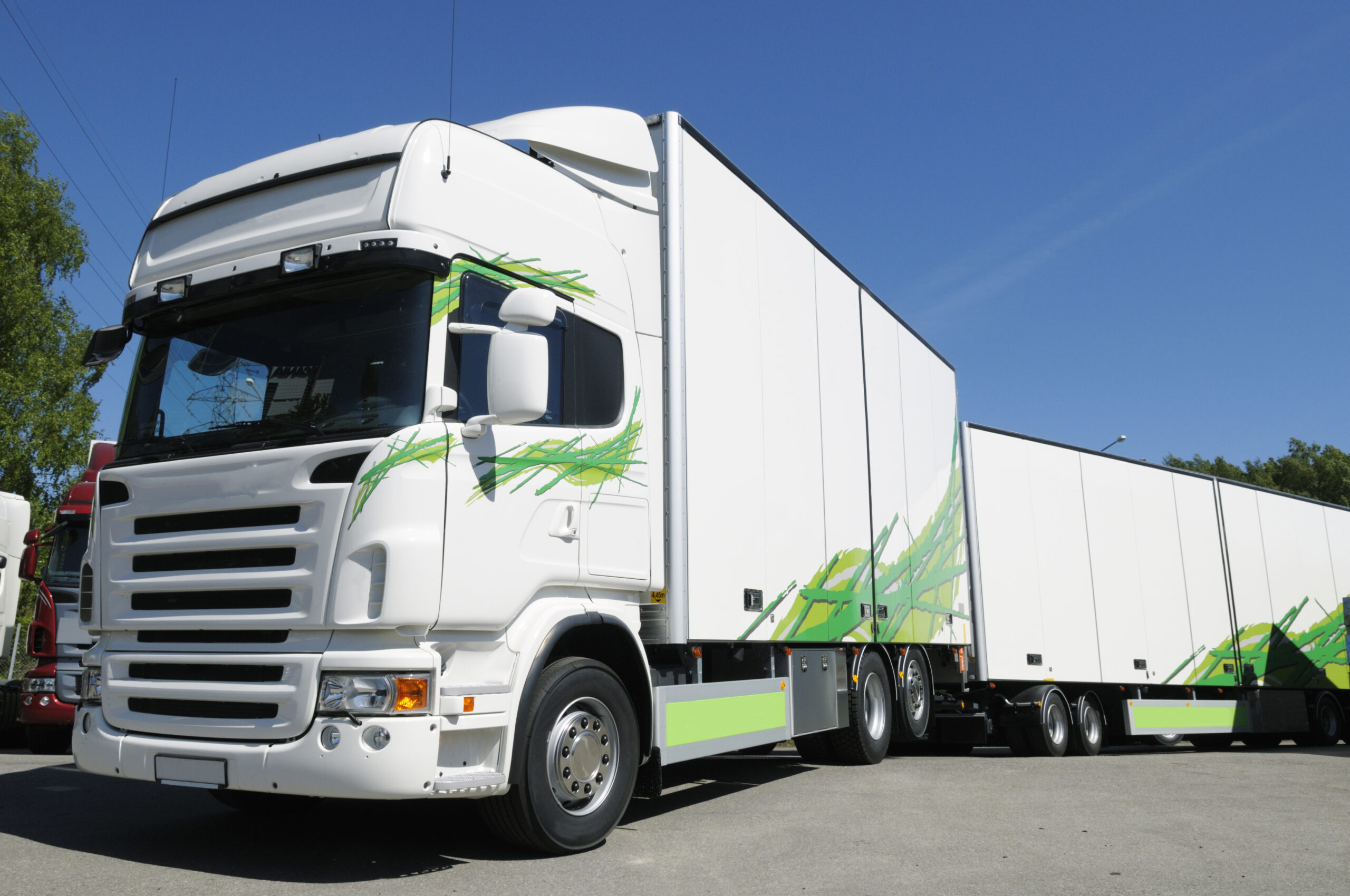Towing Tips and Tricks: Everything You Need to Know
Are you planning on hitting the open road with your RV or trailer in tow? If so, then it’s essential that you know everything there is to know about towing. In this article, we will cover all the basics of towing, from choosing the right vehicle for the job to maintaining your equipment and accessories. Let’s get started!
Introduction to Towing
Before we dive into the nitty-gritty details of towing, let’s start with some basic information. Towing involves using a motorized vehicle to pull another vehicle or trailer behind it. This can be done for various reasons, such as transporting goods, moving furniture or relocating an RV. Regardless of why you need to tow something, it’s crucial that you do it safely and correctly.
Choosing the Right Vehicle for Towing
One of the most critical aspects of towing is ensuring that your vehicle is up to the task. Not all vehicles are created equal when it comes to towing capacity, so make sure you choose one that can handle the weight of what you plan to tow. To determine if your vehicle is suitable for towing, check its towing capacity rating. This number represents the maximum weight your vehicle can tow without compromising safety or performance.
Another factor to consider when selecting a towing vehicle is the type of transmission it has. Manual transmissions tend to be more durable than automatic ones, making them better suited for towing heavy loads. Additionally, four-wheel drive vehicles provide better traction and stability when towing, especially on uneven terrain.

Safety Tips When Towing a Trailer or RV
Once you have selected a suitable vehicle for towing, it’s time to focus on safety. Towing can be dangerous if not done properly, so here are some tips to help keep you safe:
1. Ensure that your trailer or RV is securely attached to your vehicle before starting out. A proper hitch setup is essential for preventing accidents.
2. Always use safety chains or cables to connect your trailer or RV to your vehicle. These will help keep your load stable and prevent it from becoming detached in case of an accident.
3. Make sure your brake lights and turn signals work correctly. These are essential for communicating with other drivers on the road.
4. Keep your speed down and avoid sudden maneuvers while towing. Remember, you’re pulling extra weight, which means it takes longer to stop and turns require more space.
5. Check your mirrors frequently to ensure you can see what’s happening around you. It’s also helpful to install extended side mirrors to improve visibility.
6. Finally, always wear your seatbelt and encourage passengers to do the same.
How to Maintain Your Towing Equipment and Accessories
Proper maintenance is key to keeping your towing equipment and accessories in good condition. Here are some tips for maintaining your gear:
1. Inspect your hitch regularly for signs of wear and tear. Replace any damaged components promptly to prevent failure.
2. Lubricate your hitch pins and ball mounts periodically to prevent corrosion and ensure smooth operation.
3. Check your wiring harnesses and electrical connections for damage or fraying. Repair or replace these items as needed.
4. Examine your tires and wheels carefully before each trip. Look for signs of wear, bulges or cracks, and replace tires that show significant wear.
5. Lastly, perform regular oil changes and maintenance on your towing vehicle to ensure it remains in top condition.
Common Towing Problems and Solutions
Even with careful preparation and attention to detail, problems can arise when towing. Here are some common issues that may occur and how to address them:
1. Swaying – If your trailer or RV starts swaying excessively, slow down and adjust your driving style. Consider installing anti-sway bars or stabilizers to reduce movement.
2. Braking issues – If your brakes aren’t working properly, it could indicate a problem with your trailer or RV’s braking system. Have a professional inspect and repair the issue ASAP.
3. Overheating – Towing puts additional strain on your engine, which can cause overheating. Make sure to monitor your temperature gauge closely and take breaks often to allow your engine to cool down.
4. Jackknifing – If your trailer or RV begins to jackknife (where the rear end swings out), immediately release the accelerator and apply gentle pressure to the brakes. Steer straight ahead until you regain control.
In conclusion, towing can be a fun and rewarding experience if done safely and correctly. By following our tips and tricks, you can hit the road confidently knowing that you and your cargo will arrive at your destination safely. Happy travels!
